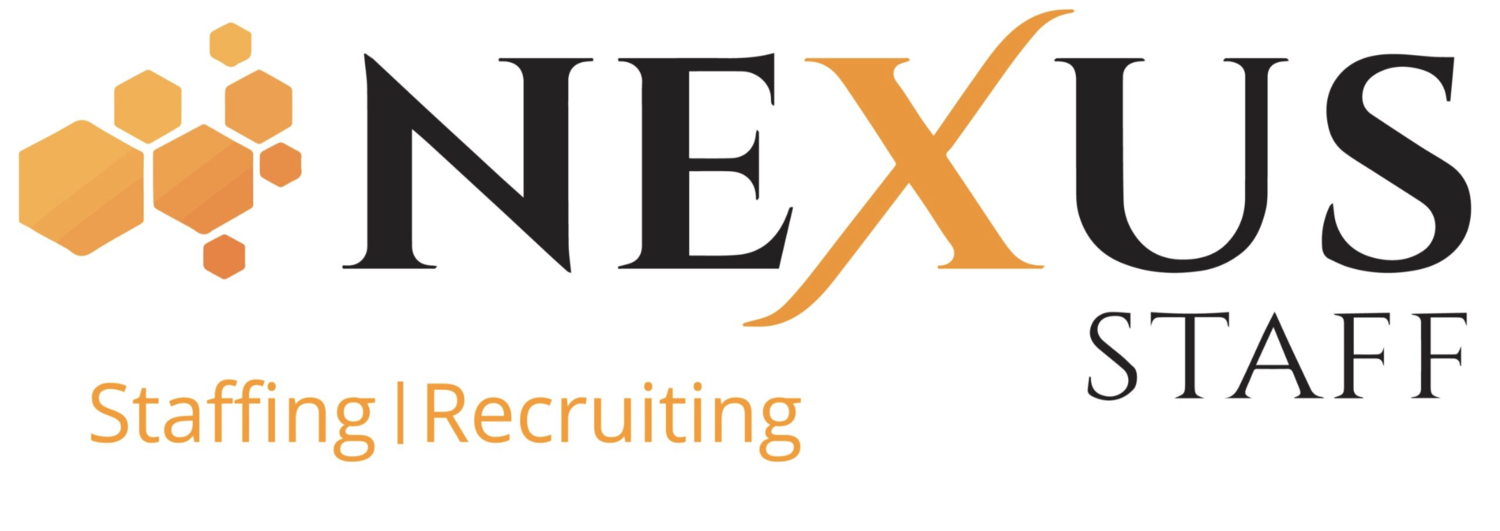Job Seeker Frequently Asked Questions
There's no doubt searching for a new job can be a complex process. Compiling your experience into a resume, crafting a cover letter, and even researching roles to apply to can be a challenging and time consuming chore for many job seekers. To complete all of this hard work, just to be met with rejection or worse – no response at all, the job search can understandably lead to burn-out or fatigue. To avoid this, knowing exactly what you are getting yourself into is key. From entry-level candidates to more experienced applicants, find answers to frequently asked job-search related questions below.
Where should I search for a job?
For entry-level candidates or those that haven’t needed to partake in searching for a new job, there may be some uncertainty toward where to actually find jobs to apply to. Try these five resources for researching and applying to new roles:
Trusted job sites: Career search sites are perhaps the most common method for searching for a new role. Use keywords and available features to narrow down your search. In addition, be sure to stick to career sites you are familiar with rather than new websites you come across without further research in order to avoid employment scams.
Social media: In recent years, many people are turning to social media to help in their job search, with 41% of young job seekers being more likely to use social media as opposed to more traditional methods such as job boards or employer career sites.
Directly from the source: Have a dream employer in mind? Visit their website to learn more about their current openings. In the process, you’re likely to learn even more about their company culture, available employee benefits, and more information on the possible team you may be joining.
Recruiting/staffing agency: Searching for a new role to apply to can sometimes feel like a job in itself. It takes time and effort to research roles and organizations that meet or exceed your expectations. However, working with a recruiter streamlines your job search by finding curated positions with trusted employers.
Your network: A strong professional network filled with people familiar with your skills and abilities means you have personal connections to a variety of organizations and communities that can help advance your career. By surrounding yourself with a network that you trust, you give yourself the opportunity to further your professional development, learn new skills, broaden your career interests, and of course, learn about new opportunities when the time comes.
How long should my resume be?
It is commonly agreed upon that the typical candidate’s resumes should be at least one full page, with the exception of a two-page maximum for more experienced candidates. If you’re unable to meet this commonly accepted length, consider the following:
If your resume is too short: Are you an entry-level applicant or recent graduate that does not have much professional experience to show? In this case it can be beneficial to include volunteer work, extracurricular activities, and even relevant coursework or academic projects in order to appropriately outline your skillset.
If your resume is too long: Be sure that all of the information included on your resume is relevant. Reread the job description and compare it to your resume. If there are repetitive sections or unnecessary skills and experiences listed, it would be best to cut this information out.
Do I really need a cover letter?
Your cover letter is your opportunity to express your greatest accomplishments, skills, and past experiences alongside future aspirations and goals with the intention of finding a new position. From an employer’s standpoint, cover letters let hiring managers and recruiters learn more about you as a candidate and find out what sets you apart from the competition. While some applicants may be convinced their cover letter may not actually be read, recent research suggests applications that include cover letters tailored specifically to the job at hand have a 53% higher callback rate than applications with no cover letter at all.
Can I apply to a job if I don’t meet all of the requirements?
It may not be necessary to always check off every requirement of a job description – as long as you have the knowledge and skills to make up for where you lack and are willing to learn more. However, this will certainly depend on the requirement and the job or field in which you are applying to and does not mean you should apply to positions far out of reach in regard to aspects pertaining to your experience or skills that can not be easily changed.
Ready to jump into your search? Check out our list of available jobs here or contact Nexus today for a personalized hiring experience. Our team of experienced recruiters is here to help guide you at every step of the way!






